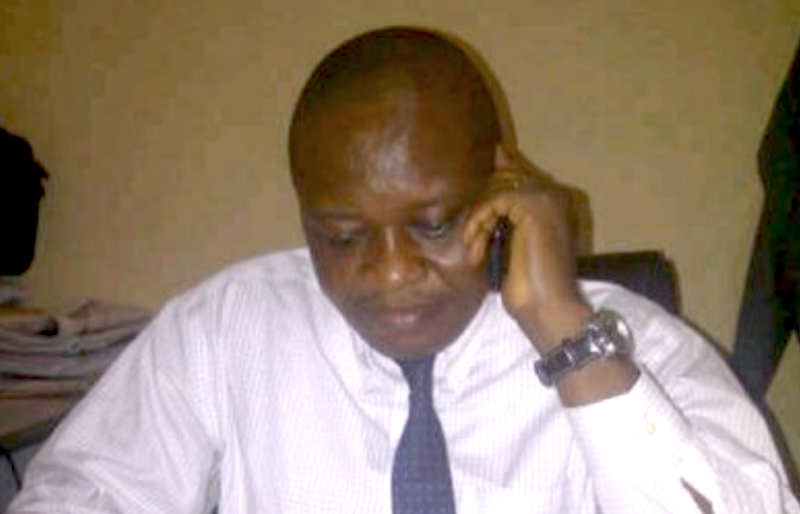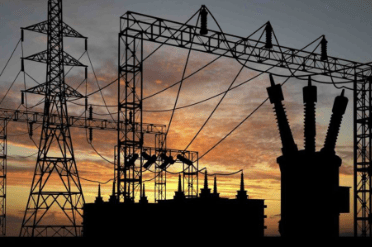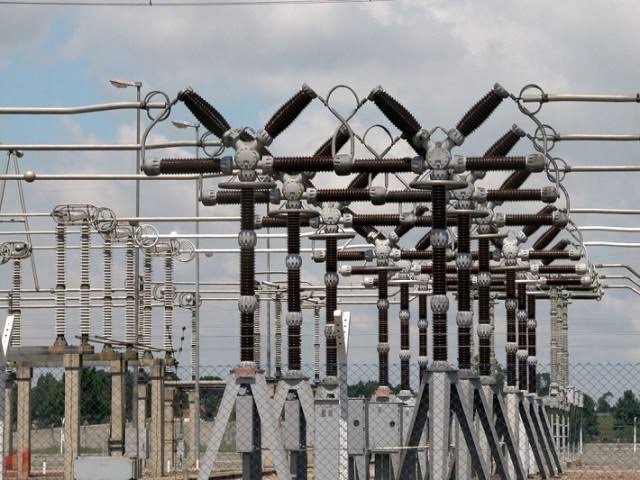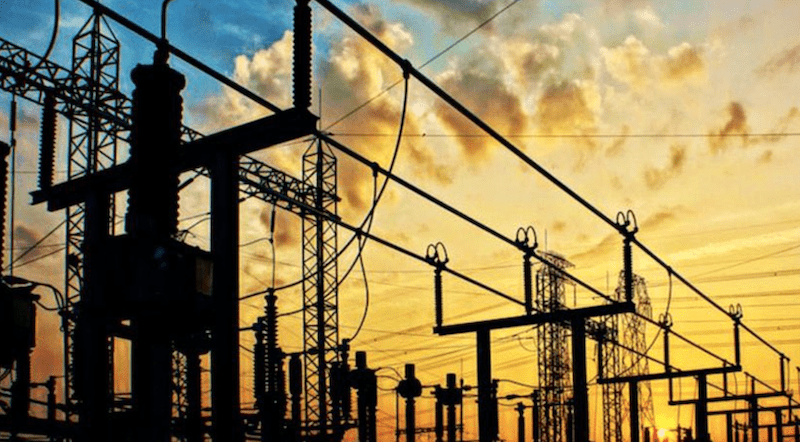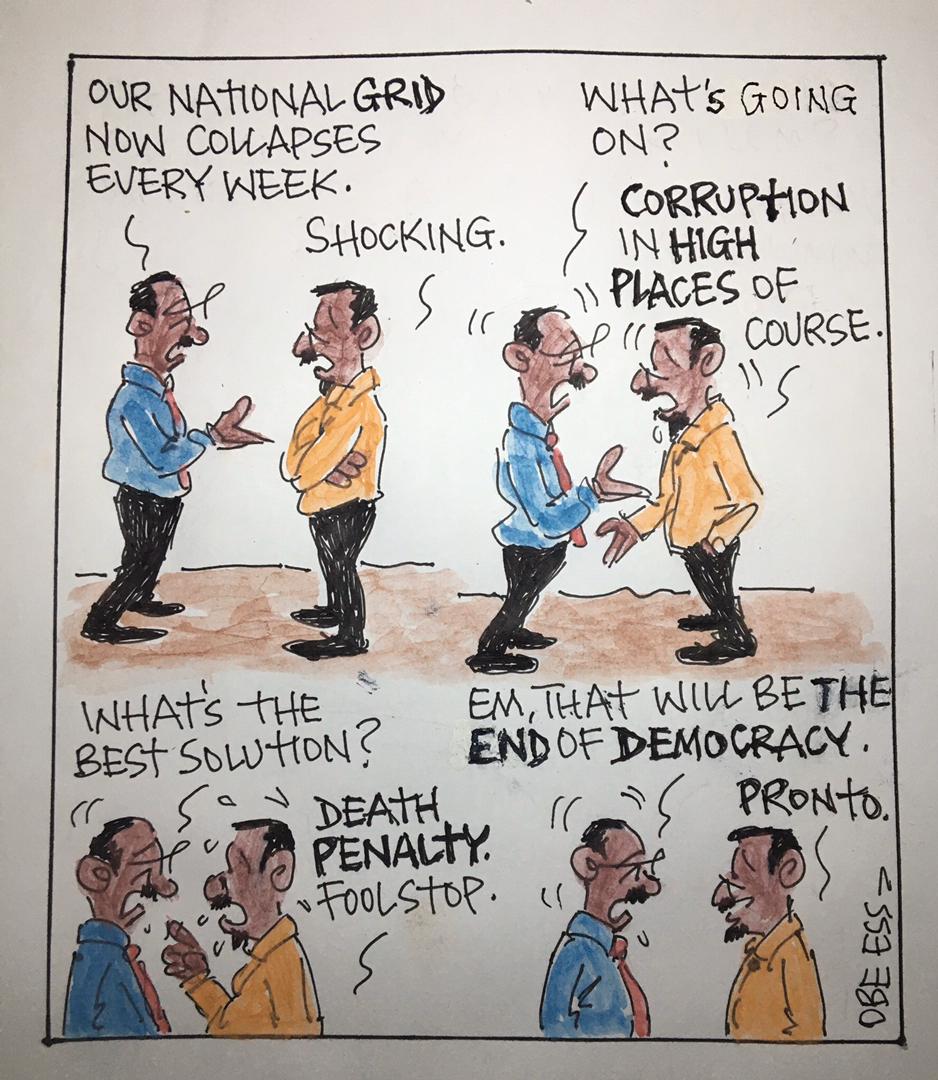The Nigerian Electricity Regulatory Commission (NERC) has said the Enugu Electricity Regulatory Commission (EERC) lacks the authority to determine electricity tariffs when the power is generated and transmitted from the national grid.
NERC made this known in a statement published on its website on Friday in Abuja, while clarifying that although the 2023 Electricity Act (EA) empowers States to regulate electricity within their jurisdiction, “States do not have jurisdiction over the national grid and over electric power stations established under Federal laws/operating under licences issued by the commission”.
Recall that EERC recently reduced the tariff for Band A customers from ₦209.5/kWh to ₦160.4/kWh.
NERC stressed that State Electricity Regulatory Commission must holistically incorporate the wholesale costs of grid supply to their states without any qualification or deviation in their design of tariffs for end-use customers in order not to distort the dynamics of the market.
“Or be prepared to make a policy intervention by way of a subsidy for any deviation in the tariff structure that distorts the wholesale generation, transmission and legacy financing costs in the Nigeria Electricity Supply Industry (NESI),” the statement reads.
The statement disclosed that NERC was aware of stakeholders’ concerns over EERC’s tariff order to Mainpower Electricity Distribution Ltd, which depend solely on power from the national grid.
It said that NESI stakeholders had expressed concern about the consequences of the reduction of tariffs for Band A customers in MEDL’s network area to NGN160.4 per kWh.
“And the freezing of tariffs of customers in the other bands on the wholesale generation and transmission costs along with the financing costs for legacy obligations in NESI.
“It is pertinent to state that the NGN160.4 per kWh was arrived at largely by reducing the current average Generation Tariff of NGN112.60 per kWh to NGN45.75, with an assumption of subsidy component, a difference of N66.85 per kWh,” it said.
According to the statement, Section 34(1) of the EA places a statutory obligation on the commission to “create, promote and preserve efficient electricity industry and market structures, and ensures the optimal utilisation of resources for the provision of electricity.”
It added that the commission was also aware that EERC as a sub-national electricity regulator also had a similar statutory obligation in their enabling law.
The statement noted that neither NERC nor EERC as responsible regulatory institutions would take decisions that exposed the national grid and wholesale electricity market to a financial crisis in contravention of express powers granted to them by the Constitution.
It added that the commission was currently engaging EERC on their tariff order as it related to any perceived area of misinterpretation/misunderstanding on wholesale generation and transmission costs on their import of power from the national grid and grants.
The commission gave assurance of its unwavering statutory commitment that the electricity market would be made whole in terms of cost recovery in compliance with the laws of the Federal Republic of Nigeria.

